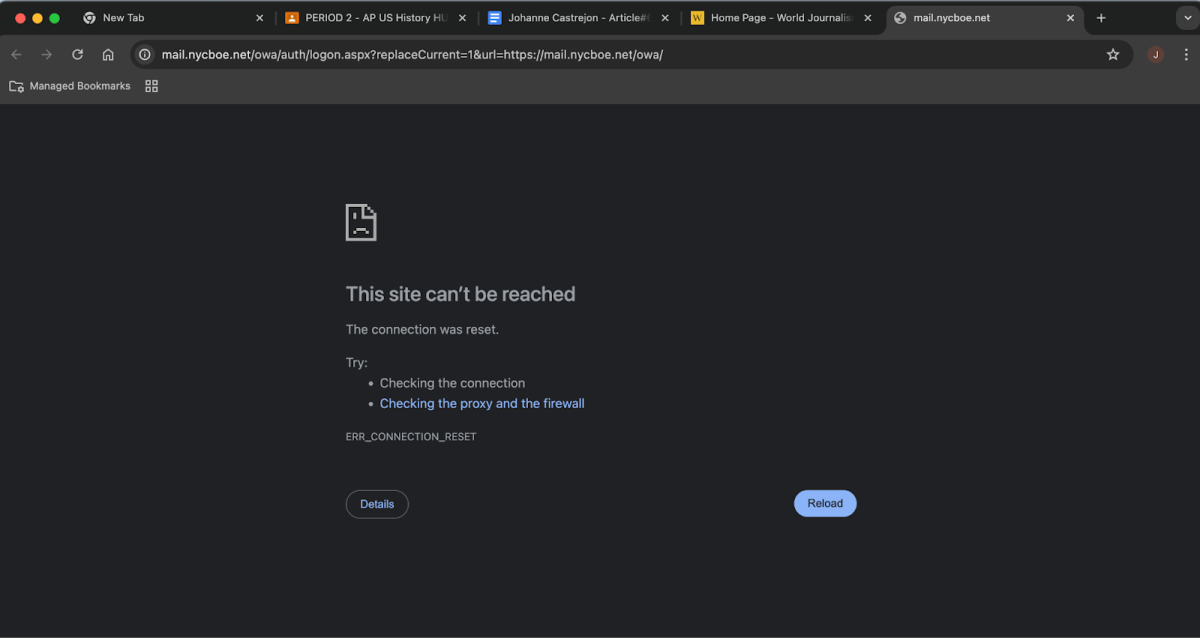by Nadine Cavanaugh, opinion editor
What defines a “bad” teacher? And are the standards that decide that fair in how they are evaluated?

There comes a point in every student’s’ life where they find themselves saying “Wow, I really hate this teacher”, but sometimes the reasons for a student saying this varies. It could be because the student failed that teacher’s pop quiz, or if they think that this teacher is out to get them; and then there’s the classic “I just hate them”.
Regardless of students’ opinions of their teachers, the new teacher evaluation system is cracking down on NYC teachers harder than ever. Drastic changes in the teacher evaluation system are literally redefining what can make or break a teacher’s career. If a teacher fails to prove their effectiveness, they may be fired and/or lose tenure as a result.
In June, the new teacher evaluation system was created in the attempt to measure teacher effectiveness. According to the NYCDOE’s new teacher evaluation and Development System, 60% of a teacher’s overall rating will be based on Measures of Teacher Practice, 20% state measures (i.e. regents scores), and 20% local measures (ie. assessments provided by the city). This will result in more tests for students. By the first week of school, every teacher will have met with their administrators for their initial planning conference, in which they discuss how they want to be observed. One consists of 1 formal observation (lasting one full period) and 3 different informal observations (lasting only 15 minutes) and the other consisting of 6 informal observations which are unannounced, according to the Teacher Effectiveness Program.
These will be a crucial part in determining the teacher’s effectiveness. Believe it or not, student surveys will eventually play a role in the evaluations as well. Teachers will receive a rating of highly effective, effective, developing, and ineffective based upon their overall “scores”.
“I think there are many good components as far as observations are concerned – I have mixed feeling about teachers being evaluated by their students test scores,” Assistant Principal Mr. Jurman, said.
However, there are many aspects that are not taken into account when teachers are evaluated. Simply saying that you like a teacher because “he’s cool” or “she just gets me” are not considered important; emotional growth is completely disregarded when it comes to evaluating a teacher.
“There’s so much more to student achievement and growth than simply their test scores,” English teacher at Mott Haven Community High School, Ms. Cantatore, said.
As a teacher in a transfer school, Ms. Cantatore sees changes such as this all the time; where in September students will struggle with tasks such as working in group projects, and by the end of the school year will have broken through that barrier and are able to do things they were previously incapable of. Arguably, this is just as important, if not more so, as getting students to pass their regents.
“We had a working agreement on the table and it was the Department of Education that pulled out of the agreement,” Government teacher and UFT Chapter Leader, Mr. Mengani, said on the “re-tooling” of the teacher evaluating standards.
“We’ve always been ready, willing and able to work with the New York City [DOE]; they have constantly and consistently demonstrated that they are not interested in the well-being of children, they are not interested in the well being of teachers and families, that they have their own agenda and that they will pursue their own agenda to the harm of children, families and teachers.”
“Is the current evaluation system going to be better than the system that we used to have; yeah, probably. But is the new evaluation system good in and of itself; no… I think the new evaluation system is too complicated, too opaque.. It over emphasizes standardized testing, and there’s far too many questions than answers,” Mengani said.
Students who have experienced first-hand the effectiveness (or ineffectiveness) of a teacher can add to the ongoing debate.
“I [love] how Mr. Sosa teaches, and when I need help, I [could] go to him any time and he’d be willing to help me,” senior Jody Yip, said.
“There’s too many unknowns; there’s too many…questions we don’t have the answers to, and we’re rushing to implement the system and I dont know whats going to happen….Bottom line is, good teaching is good teaching,” Mengani said.
With mixed feelings about the new system, it makes students and teachers alike wonder if and when the blanks will be filled out, and at the end of the day, which teachers are left standing.
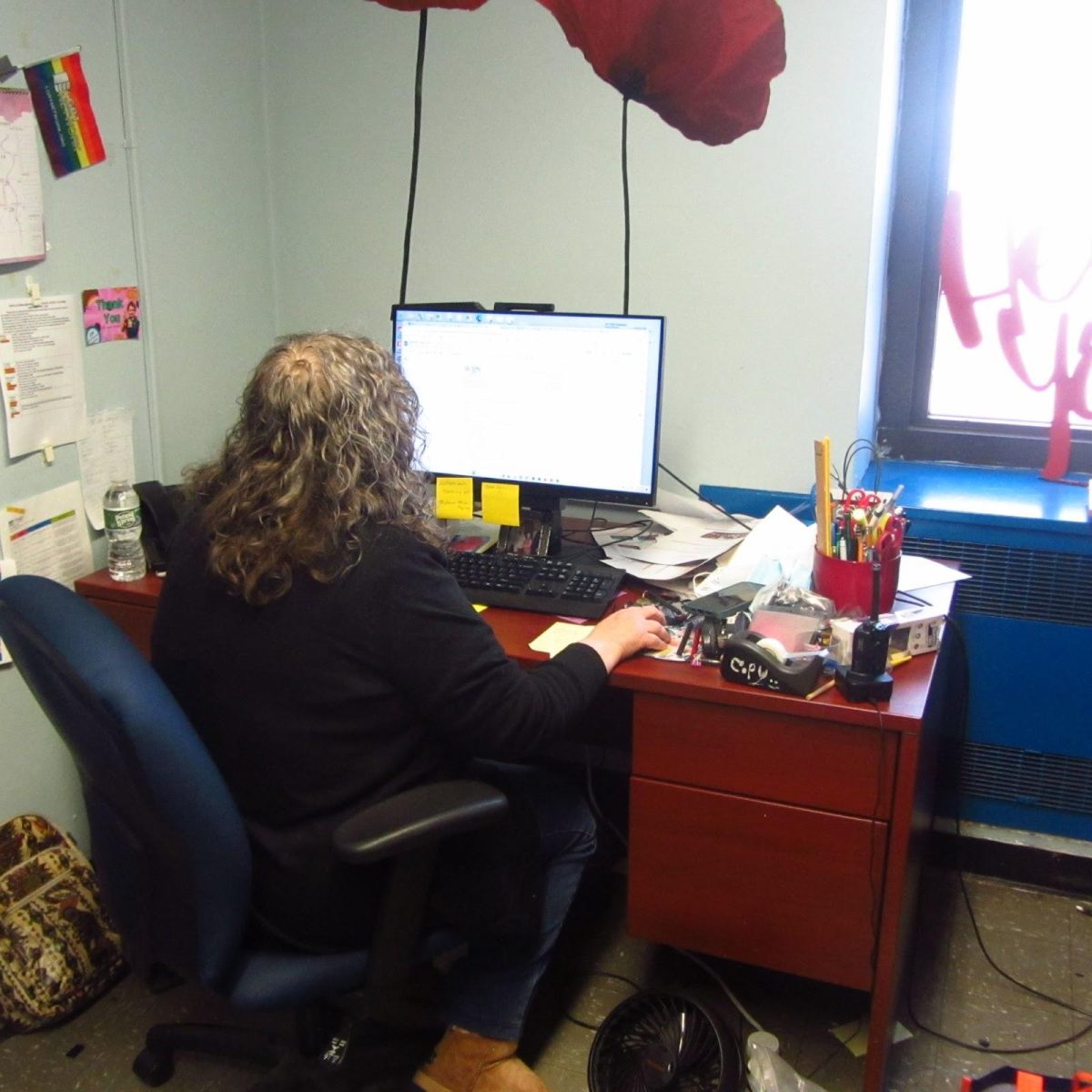


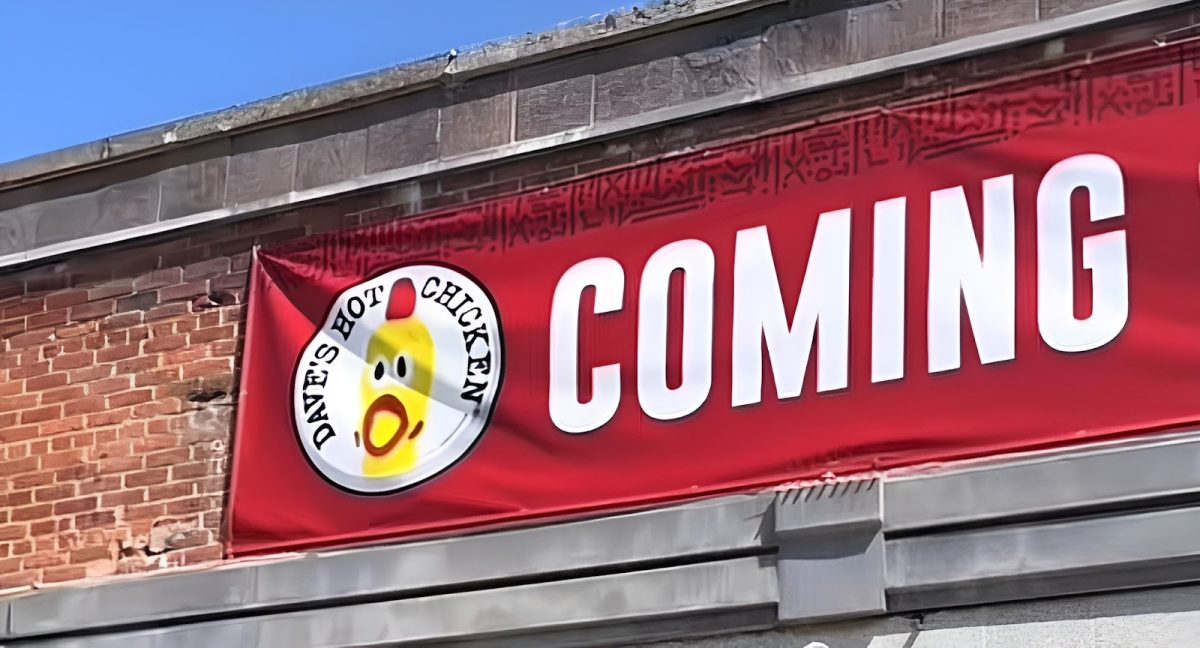


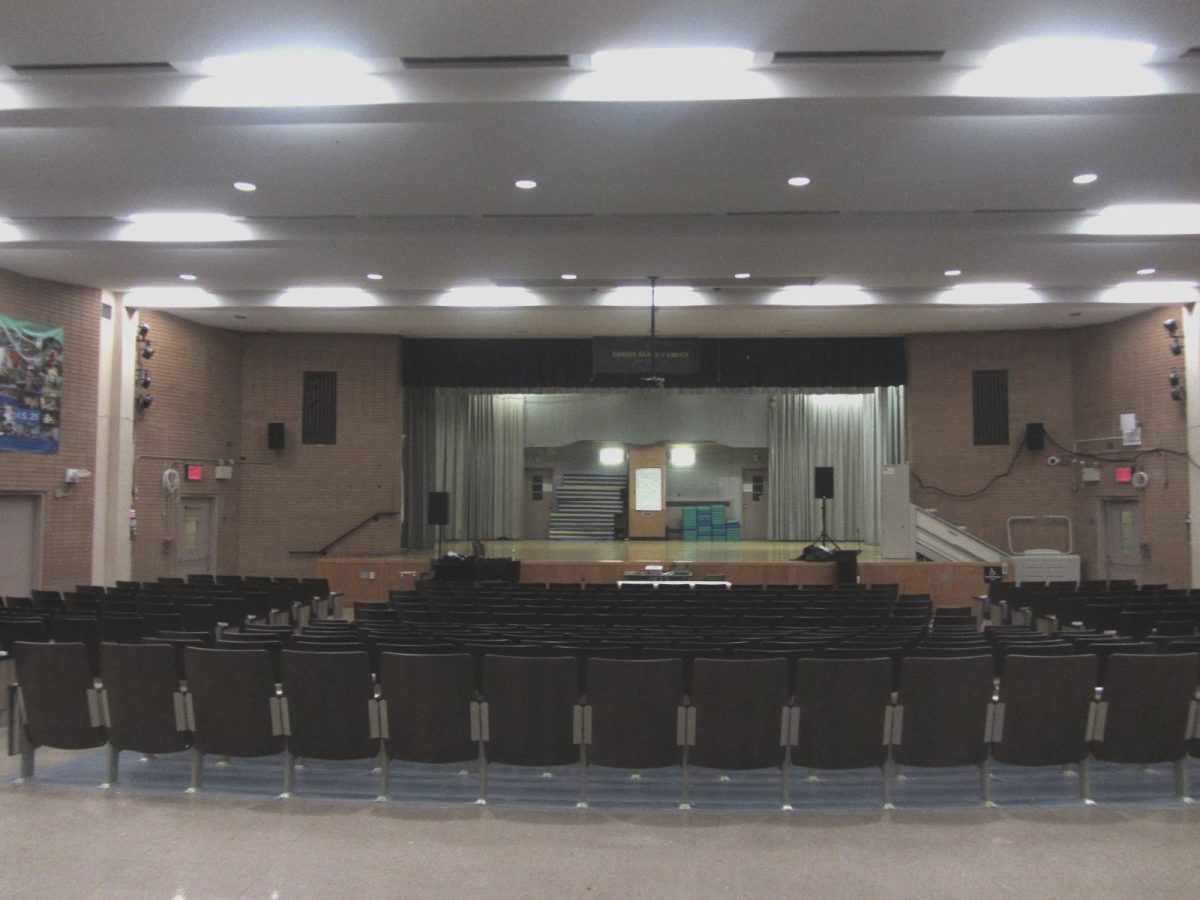

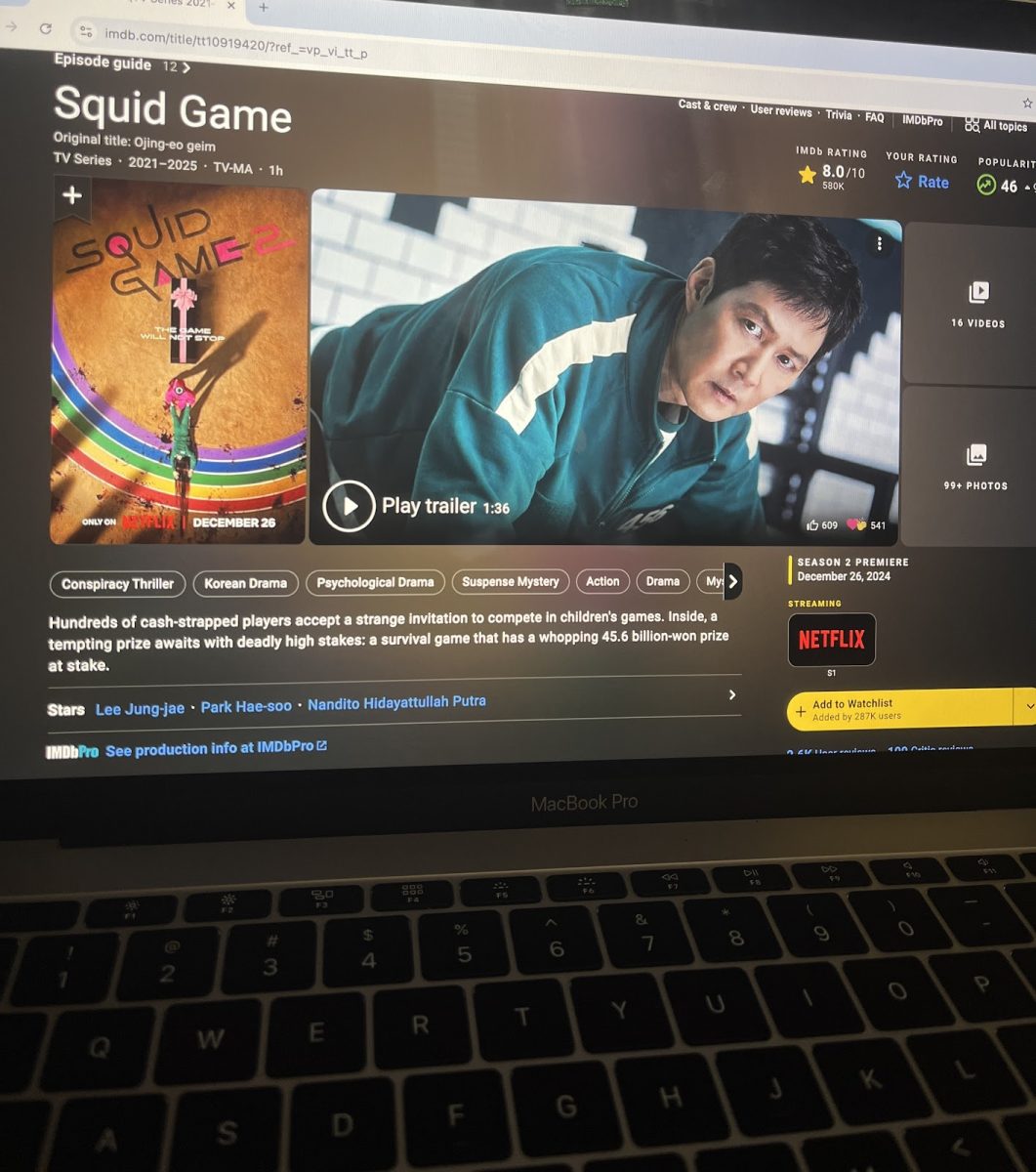

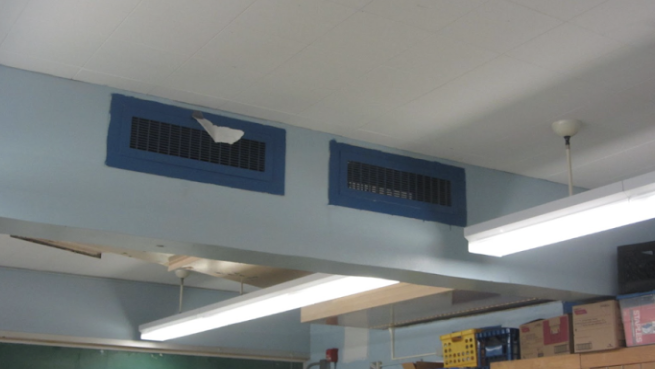

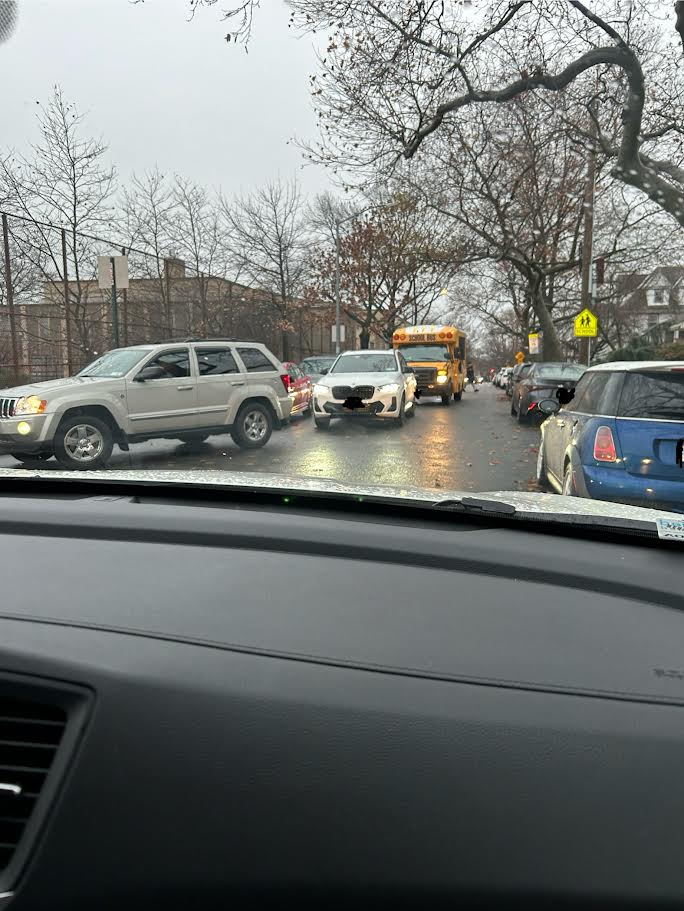
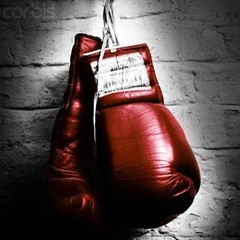
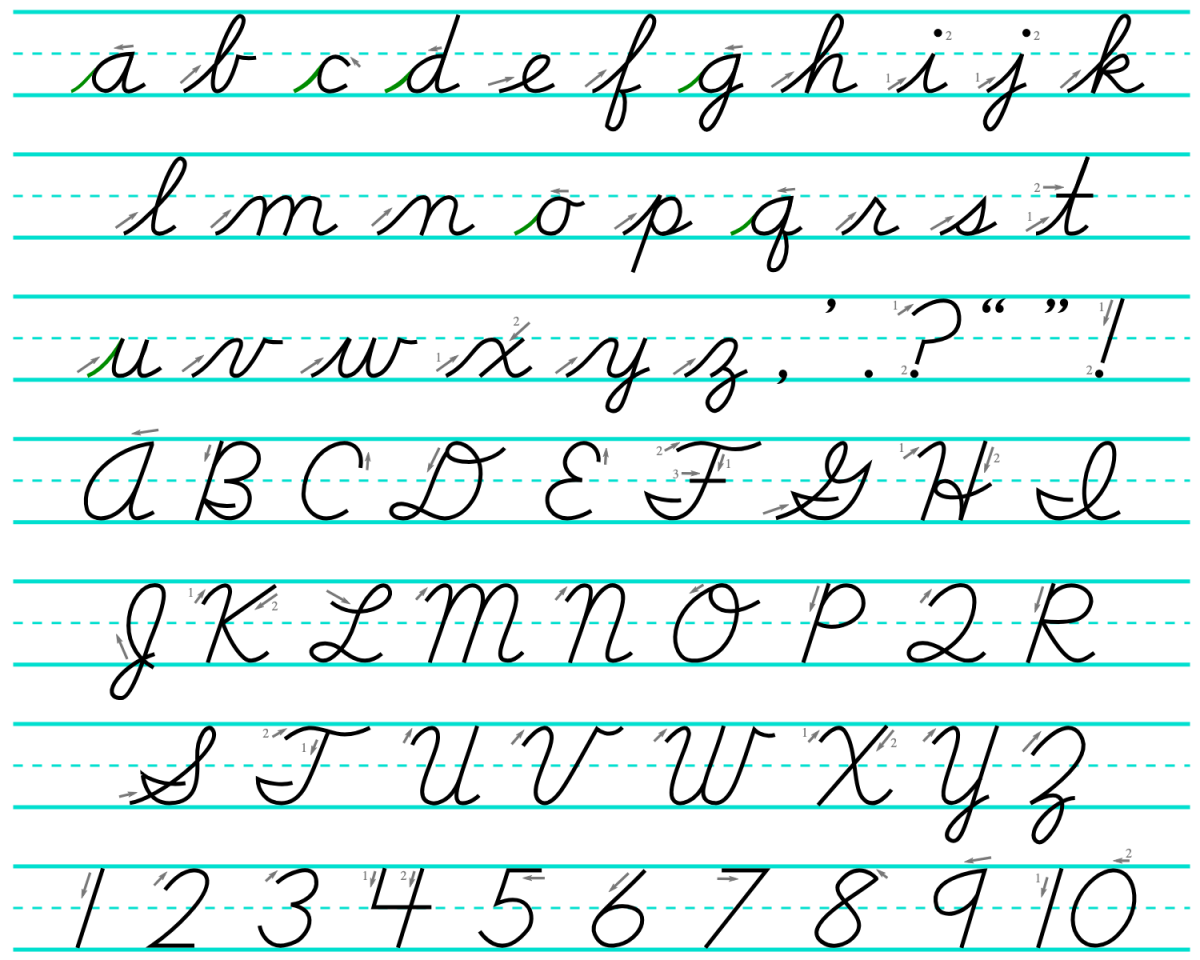
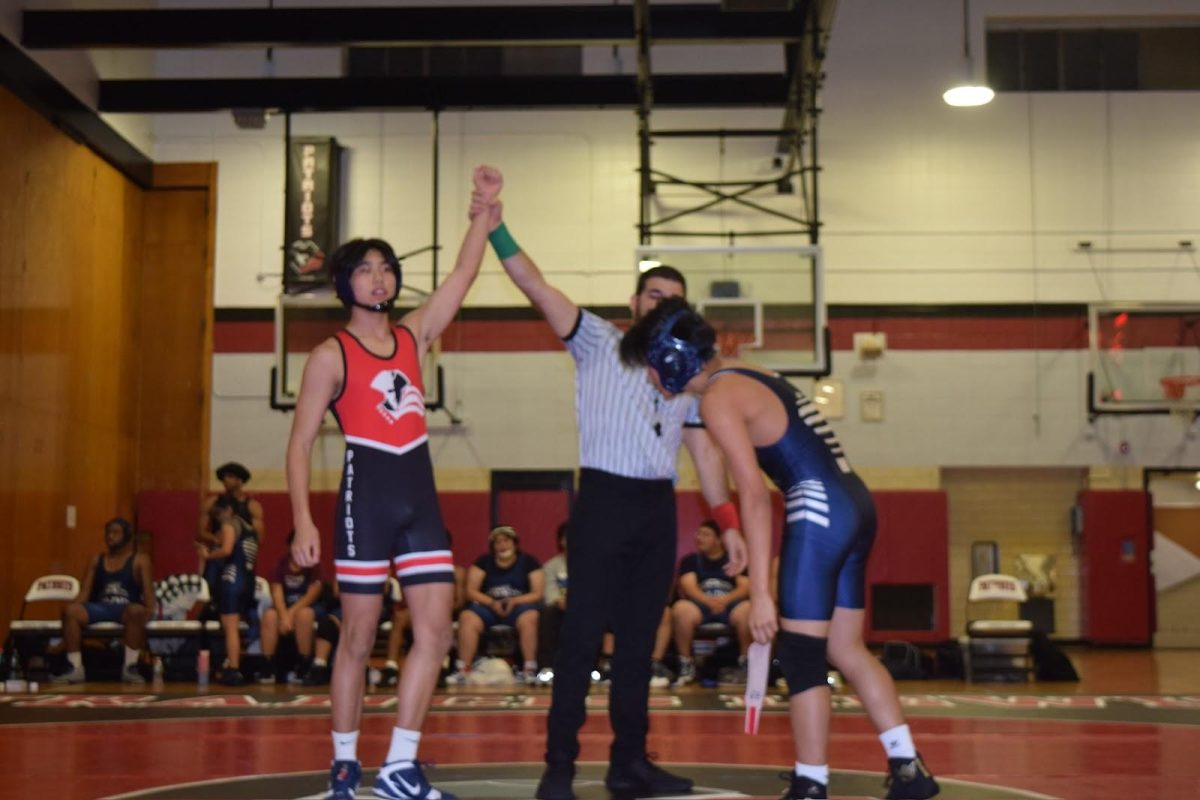
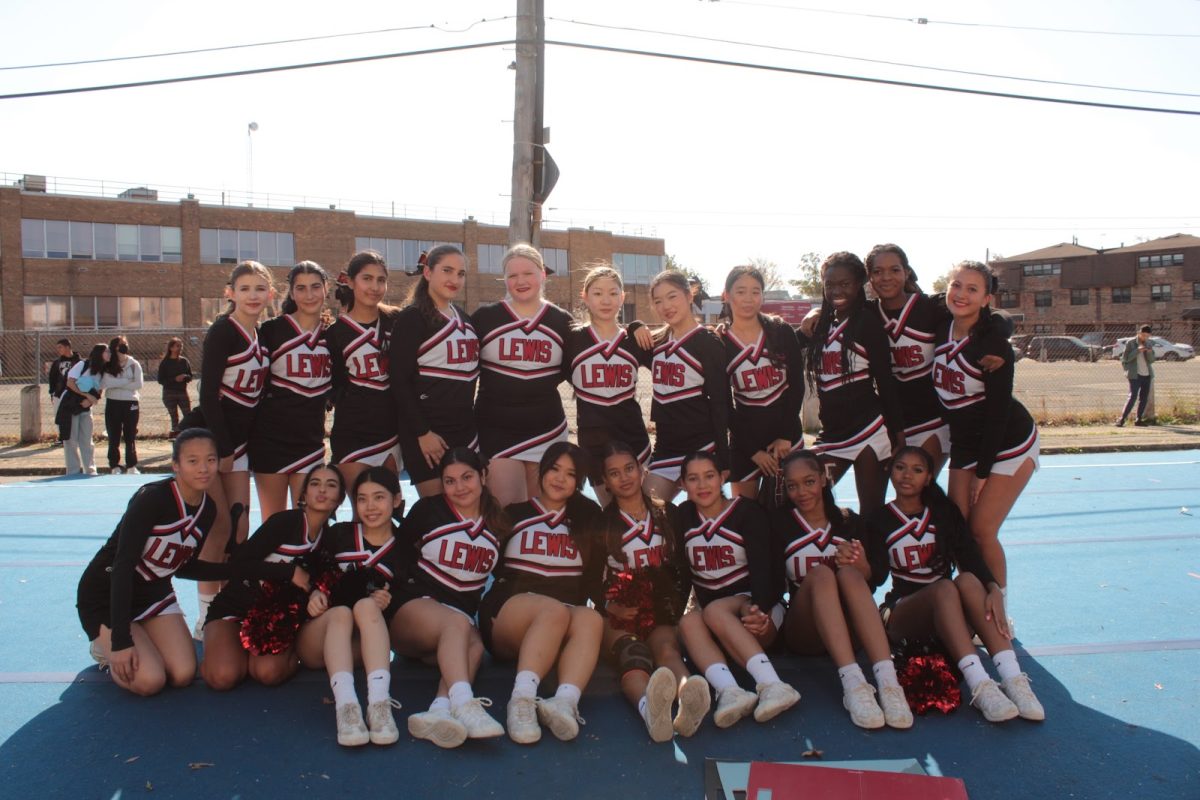
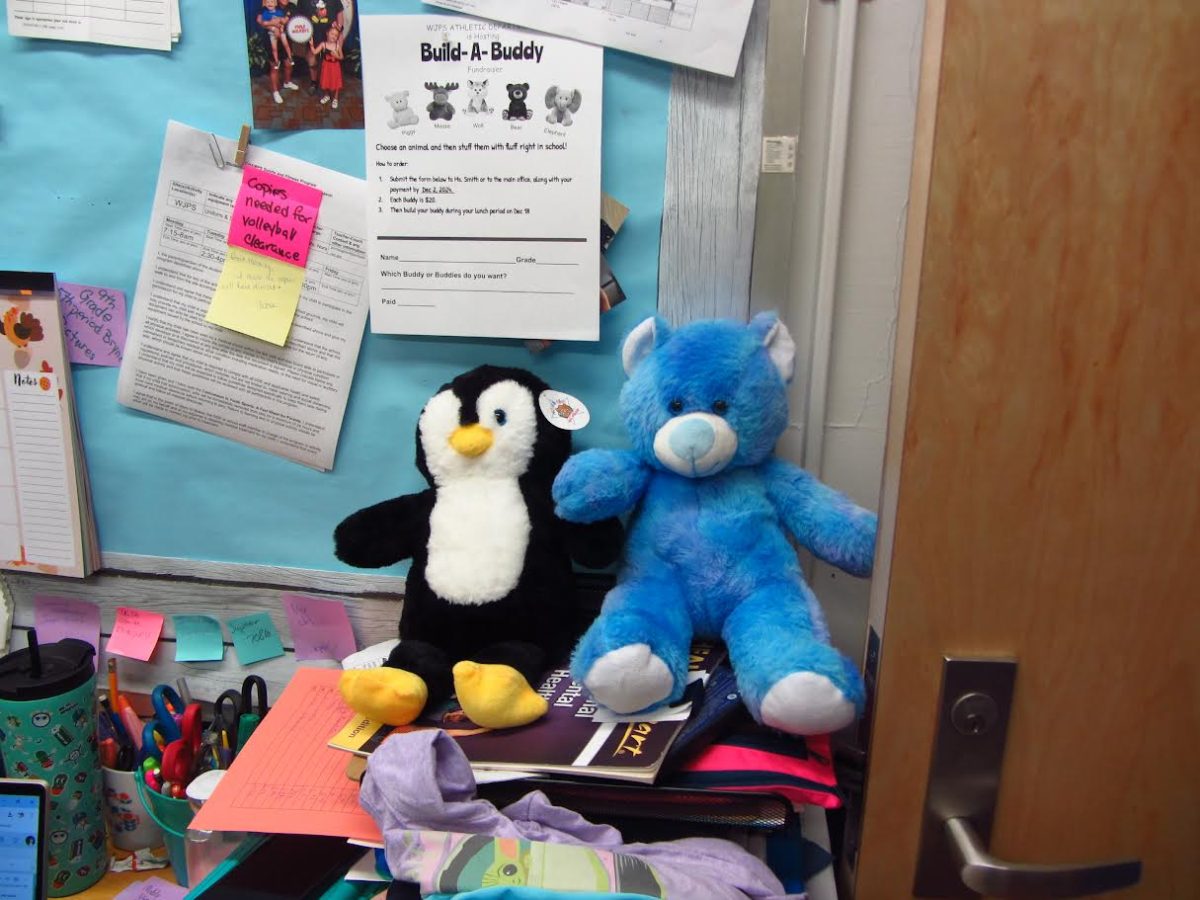




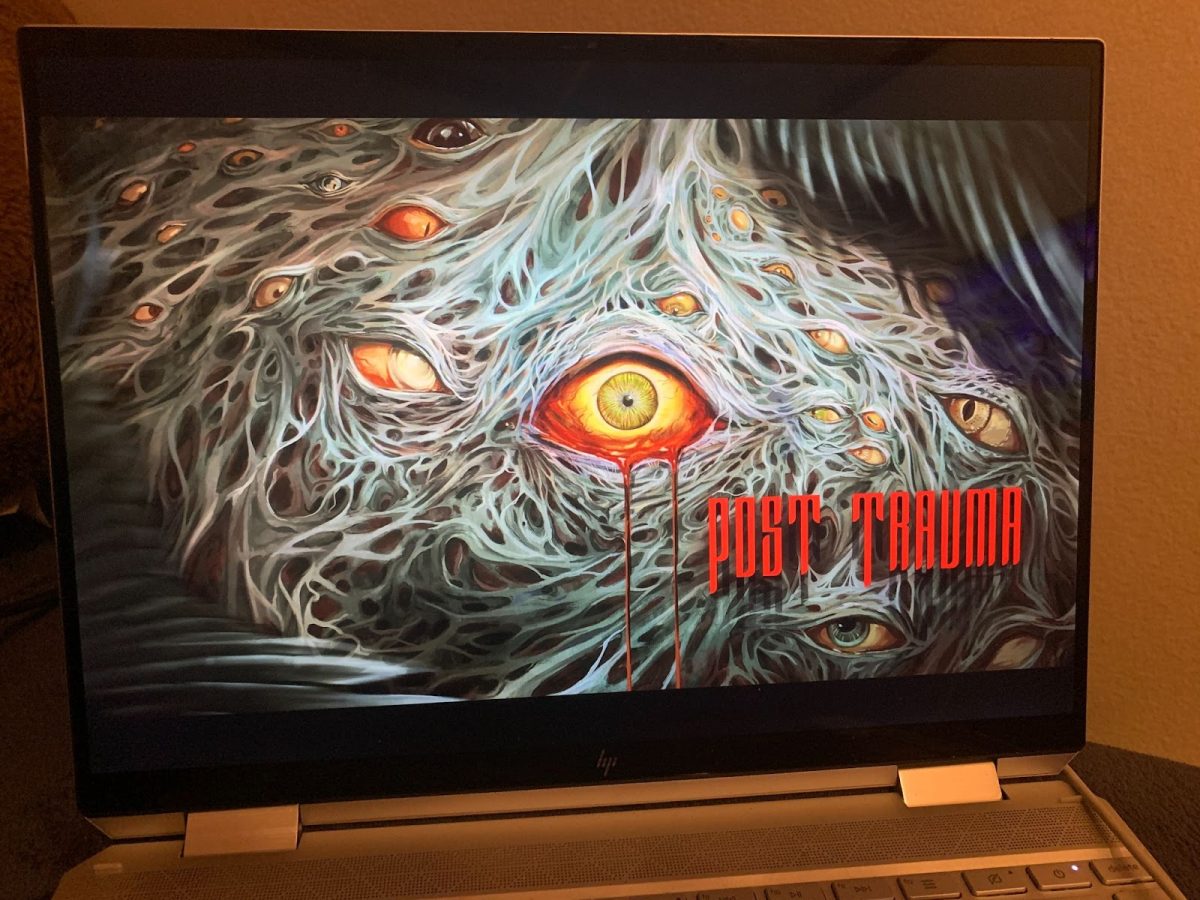



![“I agree the school lost its purpose, I left newspaper because I no longer had an interest and passion that I did once believe I had, the school’s more worried about student law court then what’s in the name in the school. [Which is journalism],” senior Christos Troumhis said. Photo attributions to Jon S.](https://wjpsnews.com/wp-content/uploads/2015/12/6276688407_12900948a2_z.jpg)




